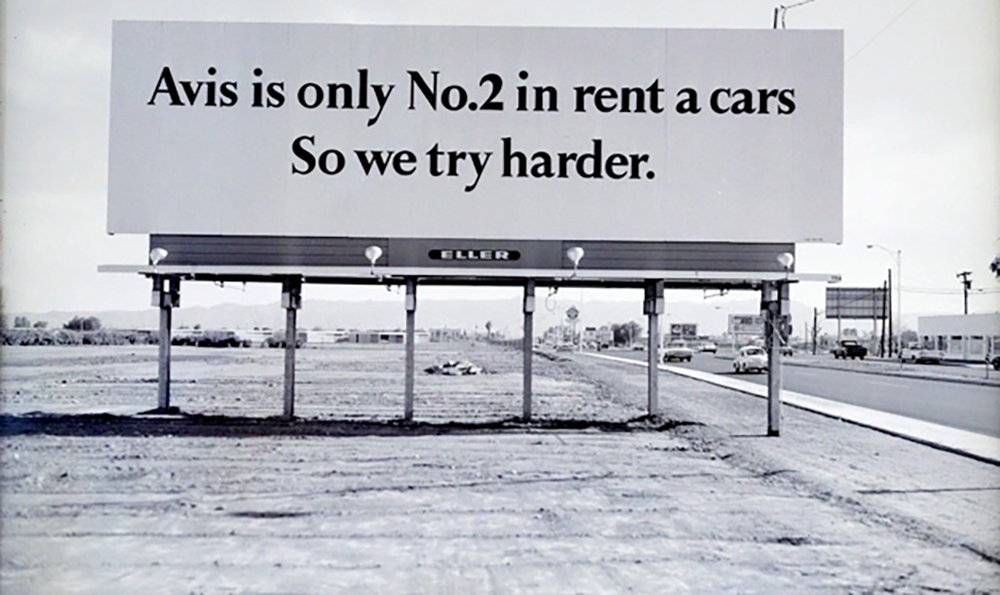
Don’t ask him if he has any wool.
Albert was the black sheep of a famous, wealthy, and powerful family. His father had achieved worldwide fame and respect, then handed the family business over to his older brother. It was easy to overlook Albert because he had a particularly embarrassing stutter. Being a member of a famous family meant he had to make the occasional public appearance that put his impediment on full display. It wasn’t fun, but Albert lived with it. Till his brother peaced out and left him to run the family business: being King of England.

Albert’s other coat has two rows of medals.
Now, as King George VI, Albert had to speak publicly all the time. The movie The King’s Speech tells the story of how he (partially) overcame his stutter. One thing Albert and the royal family did not do was hide. He didn’t speak through surrogates or only communicate in writing. He didn’t do highly edited radio broadcasts with multiple takes all stitched together to hide his stutter. And no one pretended it didn’t exist. He stuttered a little in almost every speech he made. It became a bit of a lovable trademark.
For most world leaders, any weakness is a liability. Albert used his to inspire his people in a time of their own weakness. Shortly after he became king, Europe was plunged into the Second World War, and England was soon fighting alone. Unable to push Nazi Germany back in mainland Europe by themselves, the British had to wait and endure night after night of bombing until the US and Soviet Union were brought into the war and the Nazi grip on Europe was finally pushed back.
Honest vulnerability isn’t just for royalty. Many brands have embraced their obvious downsides and won their customer’s affection for it. Avis was a struggling second fiddle to Hertz’s no. 1 in the car rental space. Then they tried acknowledging it with a campaign that said “We’re number two. We try harder.” It worked. They went from losing money every year to nibbling away at a hefty chunk of Hertz’s market share. Avis wasn’t the only one to try this.

Back when you didn’t have to squint to read a billboard.
Listerine ran a successful campaign on “the taste you hate, twice a day.” Smuckers owned up to their icky name: “with a name like Smuckers, it’s got to be good.” Even Domino’s finally admitted that their pizza, uh, wasn’t great. And that was the first step to them building back up some of their market share.
Being earnest and honest about your vulnerabilities as a company can be good. It humanizes you and makes you more relatable. And let’s be honest. Usually your weakness is not invisible to your customers. Acknowledging what they already know helps build trust. This doesn’t mean you can’t work on your vulnerability, if it’s something you can change. It just gives you a new way to connect with your customers.
If you need any help crafting a message that acknowledges a weakness while building rapport with your customers, give us a call.
